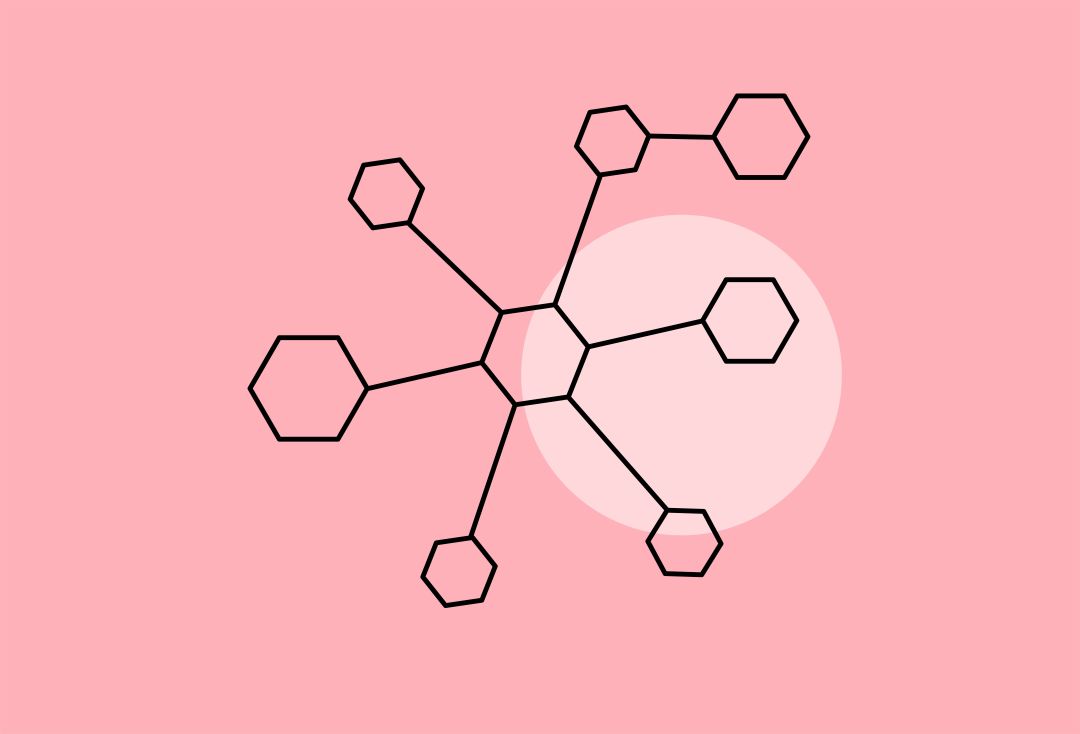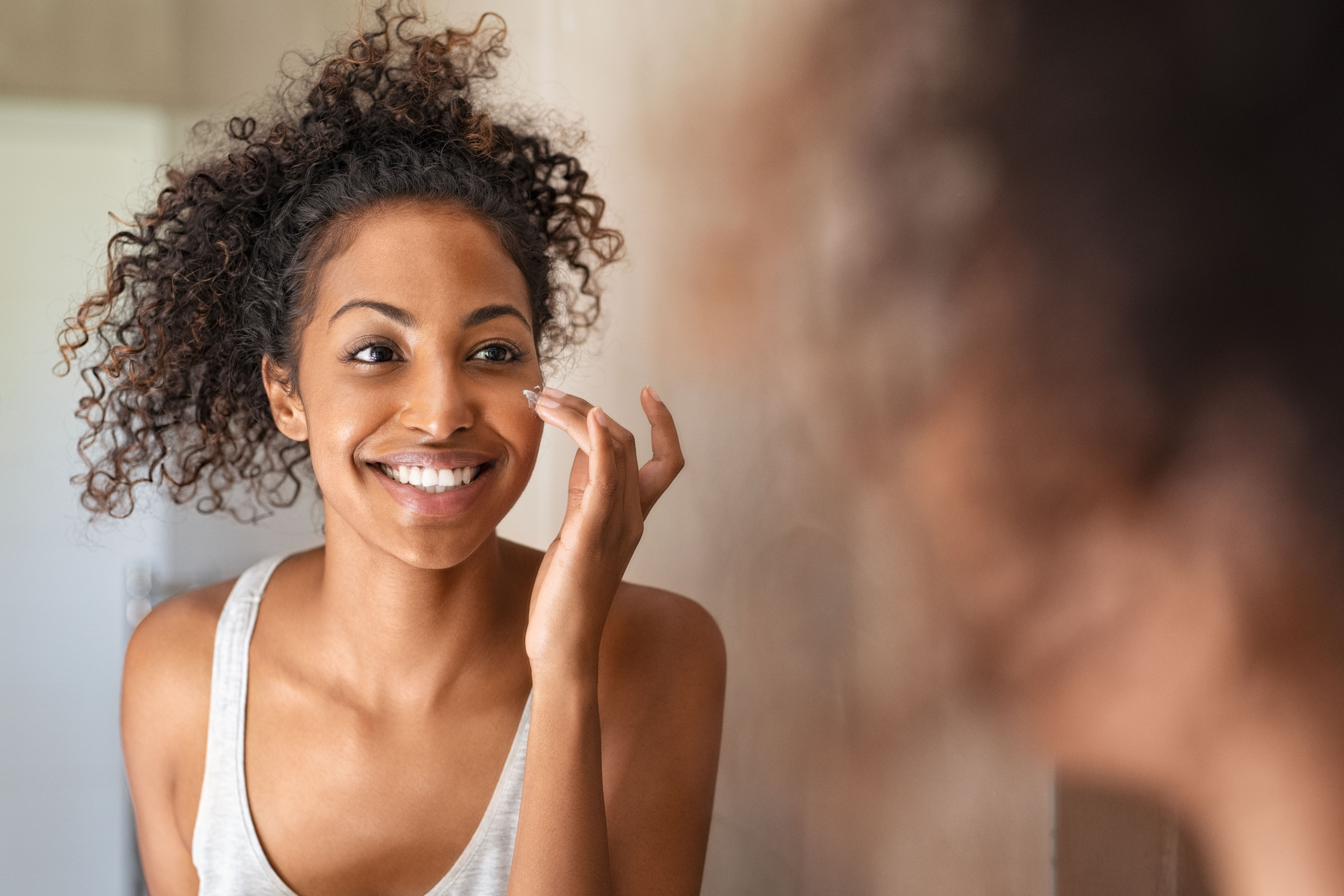Why Are Collagen Products So Popular Right Now?

Image: Kari Perrin
There's been a surge in the popularity of collagen products, mostly powders and tablets, that claim to improve the look of your skin, hair and nails. You can find them at your local health food store, or in the form of injectables at a cosmetic dermatologist. But are these products really doing the things they promise?
Dr. Emily Arsenault of Arsenault Dermatology was a skeptic at first, but after reviewing studies and waiting to see results, she says the products may be worth the hype, and deserve a place in your skincare routine.
"There might be some wishful thinking to avoid the aging process, but I have a natural proclivity toward collagen," says Arsenault. "Several collagen forms are found, and scientists continue to study it, and have created peer-reviewed journals and randomized studies of its benefits."
According to Arsenault, collagen is a protein found naturally in your skin, and comes in the form of fibroblasts, which secrete collagen using vitamin C. It creates a lattice formation of strong collagen, which maintains skin elasticity, and is the compound produced when you get a cut or scrape. This is why treatments like microneedling and fillers work, because the skin has been wounded and the body produces collagen to help it heal.
Does collagen production decrease as you age? Arsenault says yes. "By the time you hit age 40, things like hylaronic acid and elastin in the cells get lazy over time," says Arsenault. "The level of production reduces by 25 percent, and that doubles by the age of 60." Since collagen makes up 75 percent of the dry weight of your skin, your skin will get thinner as you age.
So far, so good. But does ingesting collagen really improve skin? Scientists have not truly understood the process yet, but early theories suggest that fibroblasts are stimulated to make more collagen when it recognizes denatured collagen being ingested. Collagen products are safe to ingest if advertised as such, but Arsenault encourages honing in on the proper dosage. The products can come in the form of powders to stir into drinks like coffee, or in capsules that you take with other daily vitamins.
Is there another way to receive collagen? Arsenault says many athletes receive injections made from pig, cow or chicken sternums into their joints in order to reduce joint pain cause of overactivity. Other countries like Germany, the United Kingdom, Japan and Korea use topical collagen products, similar to a gelatin or powder, but further studies need to be conducted on its effectiveness.
How can you preserve the natural collagen you have left? Arsenault says protecting yourself from the sun is the most effective way. Wear sunscreen consistently and protective clothing. "The sun's rays permeate the epidermis, and into the dermis, where collagen lives," says Aresenault.
Aresenault also recommends avoiding smoking, since it creates similar skin damage. Also: Stay hydrated, exfoliate your skin regularly with a gentle cleanser or, if desired, get microneedling or filler treatments. Eating a protein- and antioxidant-rich diet will also help, because amino acids found in protein aid collagen production.
"Your skin is one of the first things to go as you age, especially in Florida," says Arsenault.



